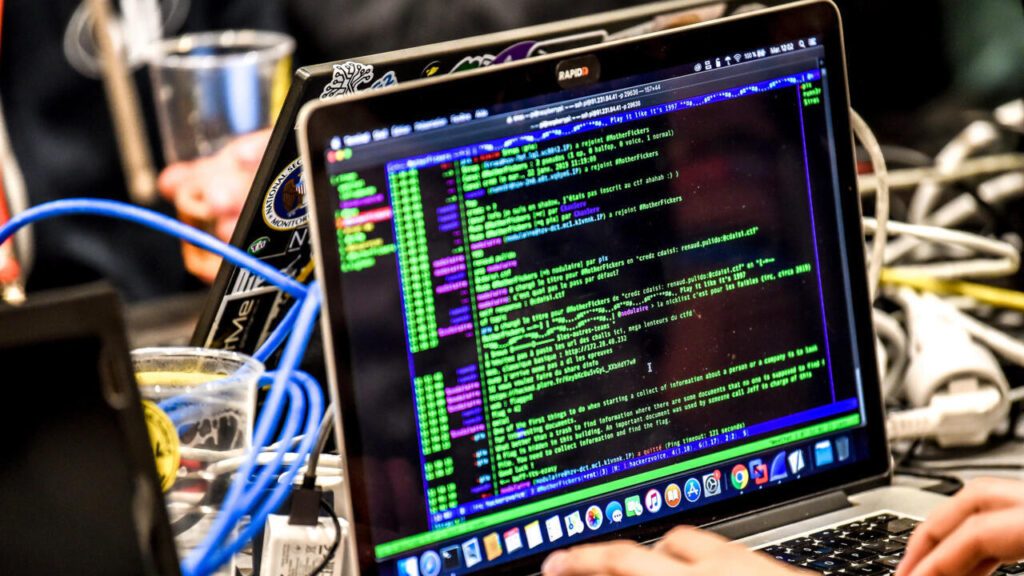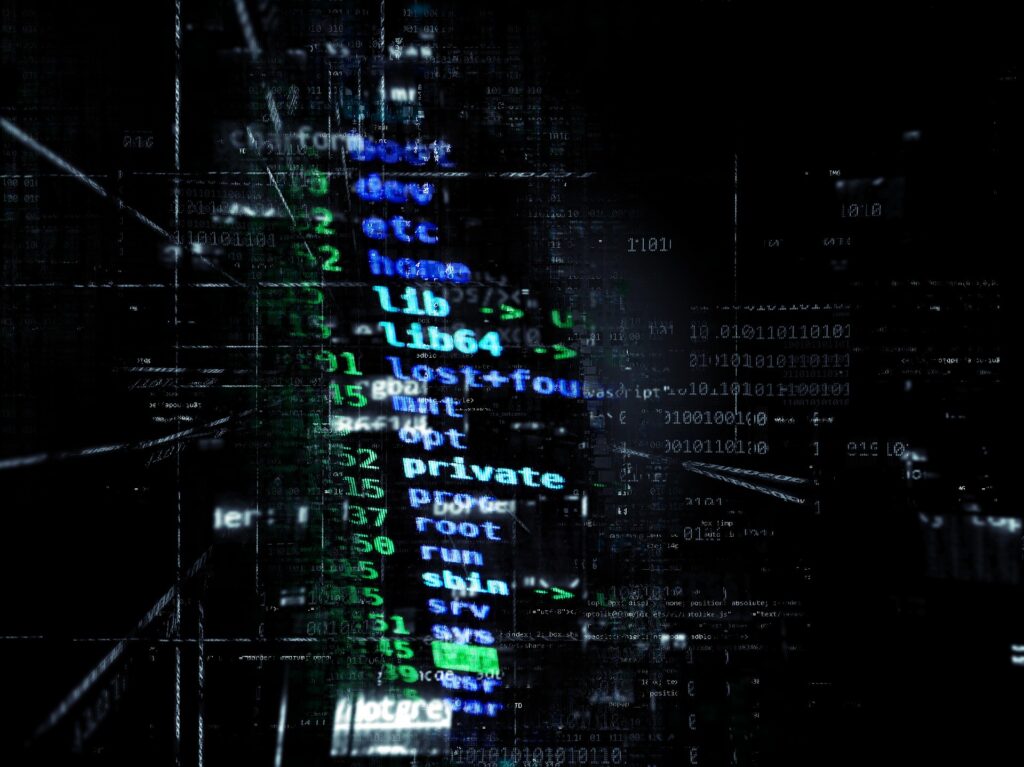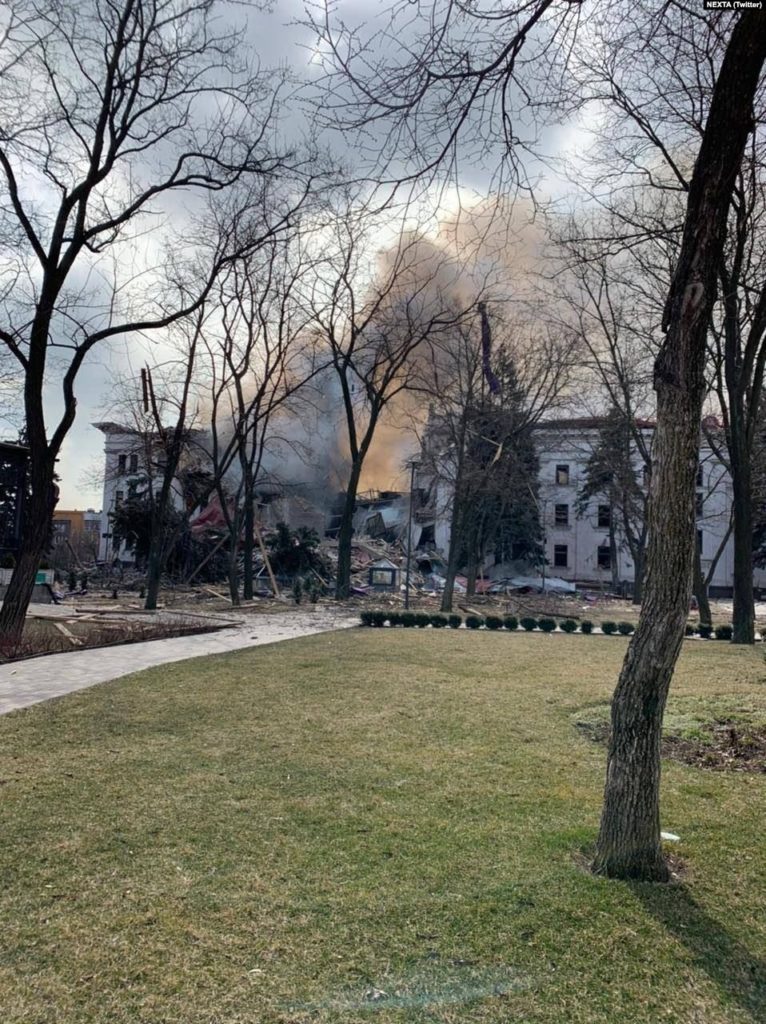Cyber chaos continues in Russia: Major food retailer and delivery app crash after airlines attack

Russian service sector companies faced another wave of technical disruptions, with the Vkusvill supermarket chain’s website and mobile application ceasing operations, The Moscow Times reported on 30 July
The majority of complaints came from Moscow, the Moscow Oblast, and St. Petersburg. The company confirmed it experienced “a local internal failure” but ruled out a cyberattack, sying that “there are no configuration changes, suspicious logins, or data leaks.” Vkusvill did not specify what caused the technical problems but added that the failure did not affect offline store operations.
Simultaneously, the Samokat delivery service stopped functioning. The application indicated that “the failure will be resolved soon” without providing details about the causes.
Additionally, hackers attacked the Dobrocen discount chain network. The company was forced to suspend operations at distribution centers and all five offices in Moscow, St. Petersburg, Yekaterinburg, and Samara.
Dobrocen reported that its server was paralyzed, the official website would not open, and computers either failed to start or froze during endless updates. The attack is linked to the presence of network stores in occupied Ukrainian territories – in the “DNR,” “LNR,” and Crimea. Restoring IT infrastructure reportedly may take a week.
The previous day, on 29 July, the Neopharm and Stolichki pharmacy chains halted operations due to hacker attacks.
However, the most large-scale cyberattack targeted Aeroflot on 28 July. Hackers from the “Cyberpartisans” and Silent Crow groups breached the national carrier’s systems, destroying 7,000 servers and provoking a new collapse at Moscow airports. More than 100 flights were canceled, causing the airline to lose at least 250 million rubles in a single day. Cancellations continued on 29 July. Russia’s Prosecutor General’s Office confirmed the disruption was caused by a cyberattack.
The “Cyberpartisans” claimed that Aeroflot’s system ran on outdated Windows XP and Windows 2003, and that company CEO Sergey Aleksandrovsky had not changed his password since 2022. According to the hackers, the total volume of the data leak was 20 TB.

